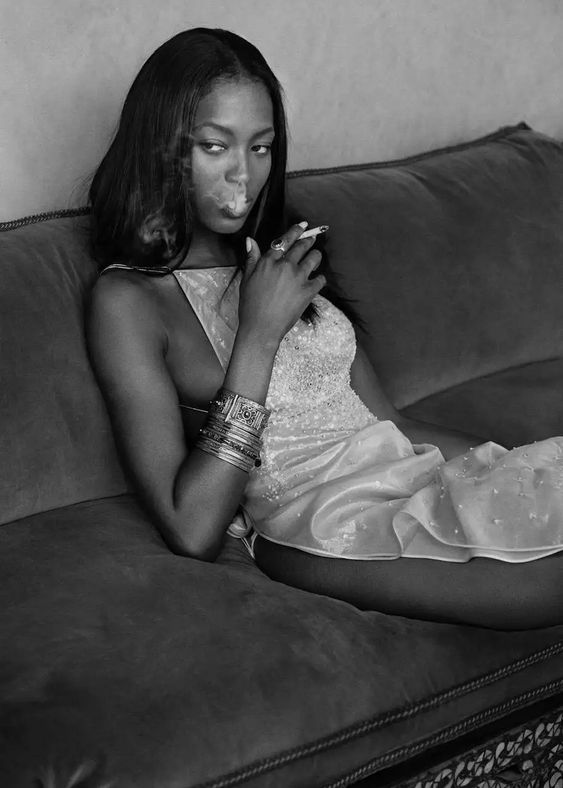 In the realm of mythology, Venus, often synonymous with the Greek goddess Aphrodite, carried with her a multifaceted persona that extended beyond her role as a symbol of love and beauty. While her magnetism attracted many, she was also associated with darker aspects due to the tragic consequences that sometimes arose from her desires. In various myths, Aphrodite was characterized as the “dark one” due to the unfortunate outcomes stemming from her intense passions. These tales portrayed her as a force to be reckoned with, capable of unleashing terrible punishments upon those who dared to disrespect or challenge her. Particularly, she would respond with wrath to anyone who dared to praise another woman as more revered or beautiful than herself.
In the realm of mythology, Venus, often synonymous with the Greek goddess Aphrodite, carried with her a multifaceted persona that extended beyond her role as a symbol of love and beauty. While her magnetism attracted many, she was also associated with darker aspects due to the tragic consequences that sometimes arose from her desires. In various myths, Aphrodite was characterized as the “dark one” due to the unfortunate outcomes stemming from her intense passions. These tales portrayed her as a force to be reckoned with, capable of unleashing terrible punishments upon those who dared to disrespect or challenge her. Particularly, she would respond with wrath to anyone who dared to praise another woman as more revered or beautiful than herself.
The way women compete in these myths is still important today. It shows how they vie for recognition and validation, reflecting how relationships and society work. This reminds us of modern instances where famous people get caught up in intense competition, similar to the ancient struggles we see in myths. One such example is the well-documented rivalry between supermodels Tyra Banks and Naomi Campbell. Their intense competition for success and prominence in the fashion industry drew parallels to the mythological conflicts of old. Naomi Campbell, much like the “dark one” archetype, exhibited a side that was not solely defined by her glamorous exterior.When another black model, Tyra Banks, entered the same industry, her reaction showed how ego and competition can get complicated.
 Naomi’s reaction to this competition showed how emotions run high. Her actions to undermine Tyra Banks and show dominance were like stories of powerful figures in myths.The emotional toll of this rivalry on Tyra Banks, leading her to tears, highlights the depth of the competition’s impact and its damaging effects on her well-being. Analyzing Naomi Campbell’s horoscope from a psychological perspective can provide insights into her personality traits and tendencies. In Naomi’s chart, Mars squares Pluto, showing a strong drive to compete and assert power. This can lead her to pursue success intensely, which has both positive and negative impacts on her life.
Naomi’s reaction to this competition showed how emotions run high. Her actions to undermine Tyra Banks and show dominance were like stories of powerful figures in myths.The emotional toll of this rivalry on Tyra Banks, leading her to tears, highlights the depth of the competition’s impact and its damaging effects on her well-being. Analyzing Naomi Campbell’s horoscope from a psychological perspective can provide insights into her personality traits and tendencies. In Naomi’s chart, Mars squares Pluto, showing a strong drive to compete and assert power. This can lead her to pursue success intensely, which has both positive and negative impacts on her life.
With Venus in Gemini (sign of the twins) conjunct Mars and square Pluto, there’s more complexity. Venus in Gemini means Campbell’s way of expressing love and beauty is light, adaptable and communicative. But the square to Pluto could intensify her emotions and relationships, leading to power struggles or challenges in her interactions.
The link between the feminine anima (Venus) and the competitive spirit (Mars) is fascinating. It suggests that Campbell’s femininity and competitiveness are connected, and the presence of other beautiful women could trigger a sense of threat in her (Pluto). This might lead to a strong desire to maintain her status and dominance in the modeling world, driving her to outperform others.
As has been said, the Venus—Pluto type can be intensely jealous when the object of their affections shows the slightest sign of letting their attention stray elsewhere, sometimes even momentarily. This needn’t be obvious, as always Pluto operates in the most coven and underhand way. Aspects in Astrology: A Guide to Understanding Planetary Relationships in the Horoscope
In astrology, the position of Mars in a particular sign can provide insights into an individual’s assertiveness, communication style, and approach to conflict. Gemini, being an air sign, is associated with communication, intellect, and adaptability. Mars in Gemini could make Campbell assert herself verbally, often through arguments and debates. The duality of Gemini, represented by the twins, suggests conflicting energies within her. This aligns with the idea that Gemini’s dual nature can cause internal conflicts, which may surface externally in relationships and competitive scenarios.
Linking astrology myths to real-life events like Naomi Campbell’s competitiveness emphasizes timeless human behaviors. When we observe these dynamics in shows like “America’s Next Top Model,” it shows how universal themes appear in modern contexts. The competition, jealousy, need for recognition, and power struggles on the show reflect ancient struggles depicted in myths and legends.